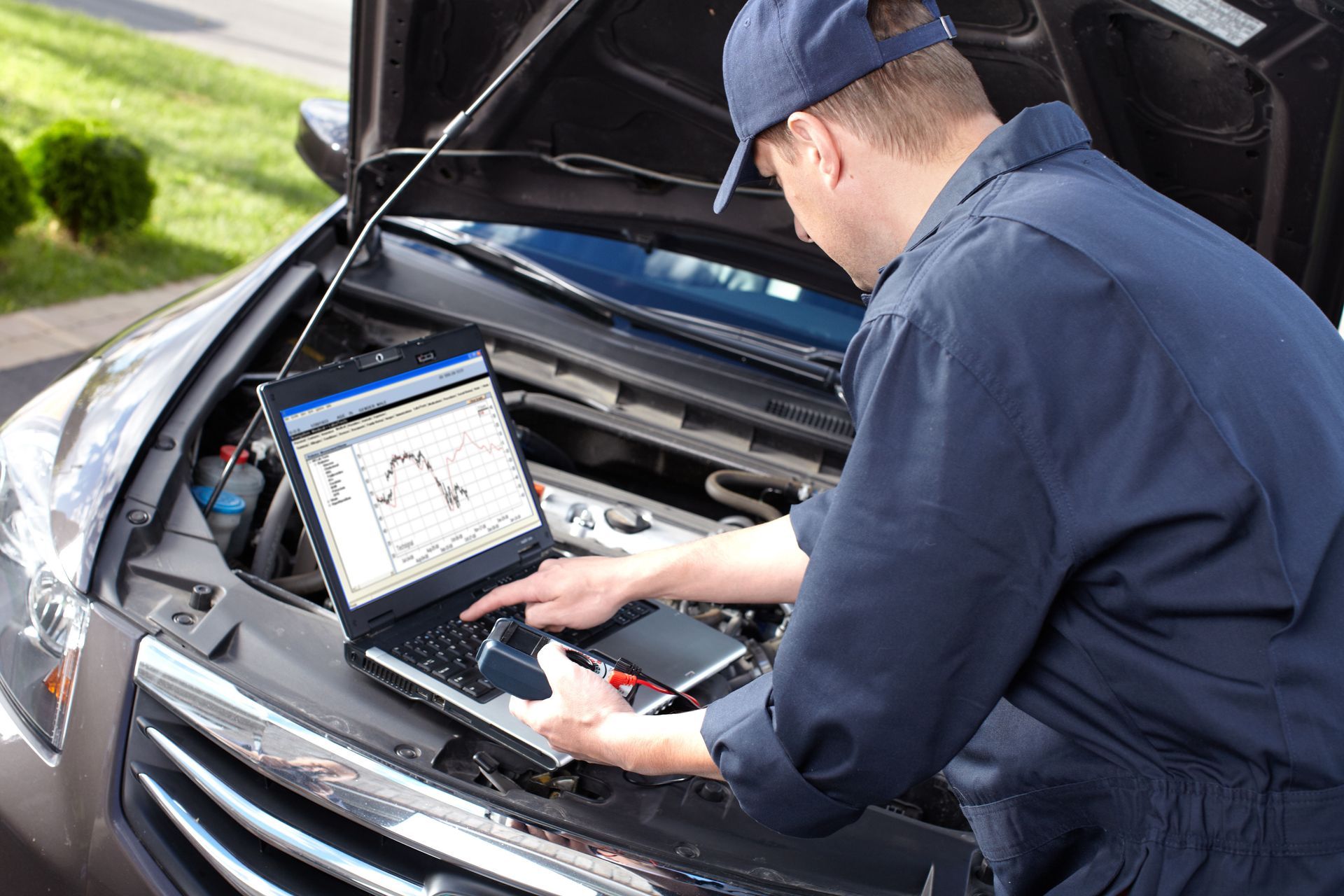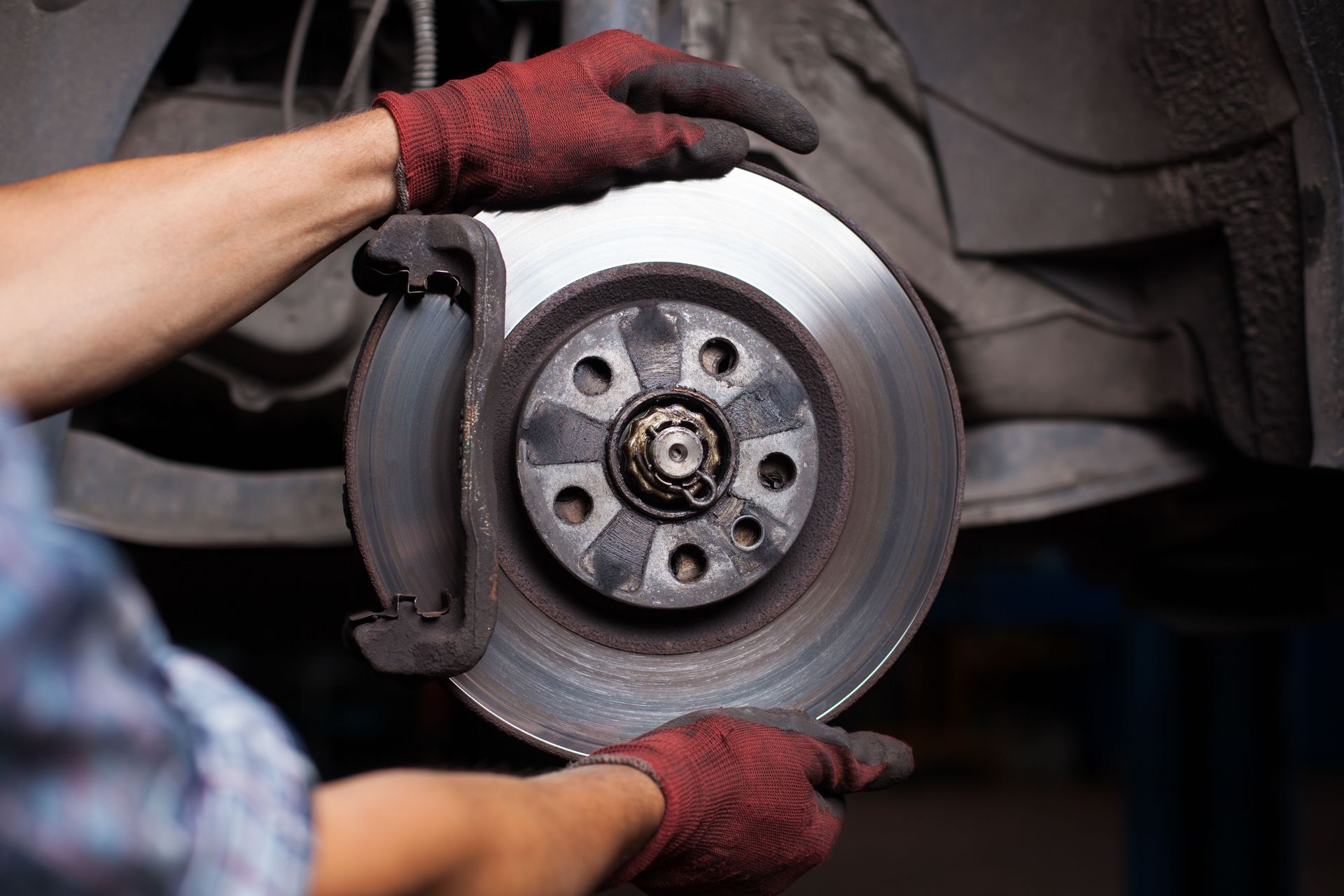6 Questions to Ask Your Mechanic About Extending Your Vehicle's Lifespan
Keeping a vehicle in optimal condition is essential for maximizing its lifespan, ensuring safety, and maintaining its value over time. Engaging with a knowledgeable mechanic, or a trusted auto repair service, and asking the right questions can significantly contribute to this goal. Vehicles are complex machines, and caring for them requires attention to various components and systems. Asking informed questions can help identify potential issues early, thus preventing major breakdowns and costly repairs.
1. What Regular Maintenance Should Be Prioritized?
Regular maintenance is the cornerstone of vehicle longevity. By prioritizing specific tasks, drivers can ensure their vehicles remain in excellent working condition. One of the primary maintenance tasks is regular oil changes, which help lubricate engine components, reducing wear and preventing overheating. Additionally, understanding the regular maintenance schedule helps car owners plan ahead for these critical services.
Fluid checks, including brake fluid, transmission fluid, and coolant, are vital for a vehicle's reliability. Regular inspection and topping up of these fluids ensures that the car's systems function effectively, preventing potential breakdowns. Brake inspections are equally important, as brakes are a critical safety feature. Worn brake pads or low brake fluid levels can compromise the vehicle's stopping power. Inquiring about the frequency of each maintenance task at your preferred auto repair service can guide vehicle owners to a predictable upkeep schedule, promoting the car's long-term health.
2. How Can I Improve Fuel Efficiency?
Fuel efficiency is a significant concern for many vehicle owners, both in terms of economics and environmental impact. Keeping the air filter clean is one of the simplest ways to improve fuel efficiency. A clean air filter allows the engine to get the proper airflow, reducing fuel consumption and enhancing performance. Another critical aspect is maintaining proper tire pressure, as under-inflated tires create more rolling resistance, making the engine work harder. By routinely checking tire pressure, car owners can ensure optimal fuel efficiency.
The cumulative effect of these practices is substantial, potentially leading to significant savings over time. Mechanics at a trusted auto repair service can provide further insight into fuel-efficient driving techniques and the specific needs of your vehicle's make and model. Frequent dialogue with a mechanic ensures vehicle owners stay informed about the latest advancements in fuel optimization. These conversations can bring forth personalized tips based on driving habits or terrains typically navigated.
3. What Signs Indicate Potential Problems?
Timely detection of potential vehicle problems can prevent extensive damage and repairs. One of the most recognizable early warning signs is the dashboard warning lights. Ignoring these lights can lead to exacerbating issues, so car owners must understand what each light signifies. Mechanics can provide detailed explanations and suggest appropriate actions when these warnings appear. Unusual noises coming from the engine or other parts of the vehicle serve as another alert for potential issues.
Mechanics may identify less apparent concerns, such as irregular exhaust smoke or unusual smells. According to the U.S. Bureau of Labor Statistics, there are over 794,600 technicians and mechanics in the automotive service industry, highlighting the importance of these services. These could indicate engine troubles or exhaust system leaks, which have serious implications for vehicle safety and performance. Furthermore, persistent fluid leaks or puddles under the vehicle are clear indicators that a professional inspection is necessary. Scheduling regular check-ups with an auto repair service, along with attentive driving habits, can greatly enhance the vehicle's lifespan.
4. How Can I Protect My Vehicle's Exterior and Interior?
Maintaining the vehicle's exterior and interior contributes to its overall longevity and aesthetic appeal. Regular washing and waxing help protect paint and finishes from environmental damage and debris accumulation. Waxing not only enhances the vehicle's appearance but also provides a protective barrier against moisture and contaminants. Over time, such proactive measures can prevent rust and paint deterioration, preserving the car's value. Interior maintenance is equally important, as it ensures comfort and longevity of the vehicle's fixtures.
A mechanic at your local auto repair service can suggest tailored upholstery maintenance tips based on the car's material and usage. Simple strategies include regular vacuuming and using protective treatments to prevent stains and wear. Protection against weather conditions, such as sun, rain, and snow, is crucial for both exterior and interior preservation. Using UV protection for windows and parking in shaded areas can prevent interior fading and cracking. Additionally, discussing rust prevention measures with a mechanic can safeguard the vehicle's structural integrity.
5. What Technology Can Aid in Vehicle Maintenance?
Technology has become an invaluable ally in vehicle maintenance, offering tools that make it easier to monitor a car's health and performance. Onboard diagnostic tools have evolved to provide real-time information about potential issues and necessary repairs. These tools simplify the complexity of car maintenance by allowing owners to troubleshoot basic problems. A mechanic can explain how to interpret diagnostic codes and identify what requires immediate attention. As a result, owners can swiftly address issues that might otherwise lead to costly repairs.
GPS tracking systems and remote vehicle tracking offer peace of mind by allowing owners to keep tabs on their cars' locations at all times. Engaging with a mechanic or auto repair service to explore available technology options can be enlightening, potentially revealing new tools tailored to specific needs. While not all technology is necessary for every owner, understanding the benefits and limitations of each can guide informed decisions. Embracing these advancements ensures a proactive approach to vehicle maintenance, optimizing efficiencies expected by modern drivers. This integration of technology into car care not only supports the vehicle's health but also enhances the owner's experience.
6. How Can Seasonal Changes Affect My Vehicle?
Seasonal changes impose varying stresses on vehicles, necessitating specific preparations to maintain optimal performance. Preparing for winter conditions, for instance, might involve using antifreeze, swapping to winter tires, and ensuring batteries are sufficiently charged to handle cold temperatures. Consultations with mechanics at an auto repair service about winterizing steps can significantly improve reliability and safety during harsh weather. Similarly, addressing the challenges posed by summer heat is crucial; high temperatures can affect battery life and increase tire pressure. Regular checks and appropriate fluid levels are vital strategies to mitigate heat-related issues.
Beyond immediate seasonal concerns, discussions about how climate change might impact vehicles offer long-term insight into potential threats and adaptations. Changing weather patterns could necessitate shifts in traditional maintenance schedules or the adoption of new technologies. By keeping abreast of these changes and consulting regularly with an auto repair service, vehicle owners can proactively adjust their strategies. This approach helps guard against the evolving challenges that weather can pose, allowing the vehicle to thrive amidst seasonal variations. Awareness and preparation are key elements in retaining both safety and performance, ensuring enduring vehicle longevity.
By proactively engaging with a mechanic or a reliable auto repair service and asking the right questions, vehicle owners can better manage their car's maintenance needs and foresee potential issues before they become costly problems. Understanding and implementing these practices may lead to improved performance, enhanced safety, and a significantly extended vehicle lifespan, effectively saving time and money in the long run. A well-maintained vehicle not only promises a smoother and more reliable riding experience but also retains its value over time. The key is consistent attention and informed strategies, making every drive as pleasant and worry-free as possible. Remember, the minor resources and time spent on preventive measures today can yield substantial benefits for your vehicle tomorrow. For all of your auto repair needs, contact Turn Key Auto Repair today!





















Share On: